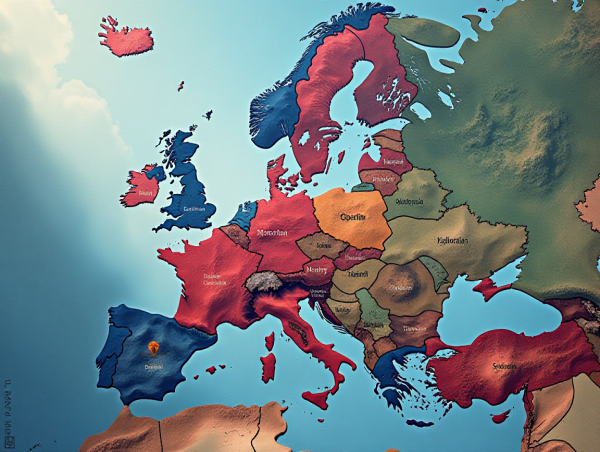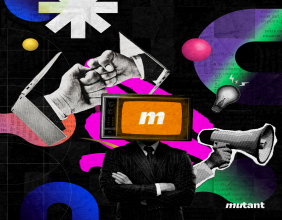The International Monetary Fund warns that Europe is slipping into stagnation without massive efforts to change the tide.
The rising geopolitical risks, slow growth and weak investments are the main risks that plague Europe.
Europe’s GDP slowdown
The Washington-based institution pointed to trade tensions and weak demand as primary inhibitors of economic momentum, with risks heavily skewed towards a downside scenario.
Despite enjoying record-low unemployment rates and inflation nearing target levels, the euro area is projected to achieve a modest growth rate of just 0.8% in 2025.
The Eurozone’s GDP grew by 0.9% in 2024.
Europe’s economic performance in recent years provides a clearer picture of this deceleration.
Following a sharp contraction of -6.08% in 2020 due to the global pandemic, the Eurozone experienced a robust rebound, with GDP growth reaching 5.2% in 2021.
This was followed by a 3.5% growth in 2022 and a further slowdown to 0.4% in 2023.
The projected 0.8% for 2025 signifies a continuation of this downward trend from its post-pandemic recovery peaks.
Germany, Europe’s largest economy in Europe, is set to have a 0.3% growth in 2025.
Europe’s troubles
The slowdown in demand across Europe is a multifaceted issue.
Factors contributing to this include the persistent impact of high financing costs for businesses, which discourages investment, and heightened economic policy uncertainty.
Consumer confidence has also shown signs of weakening, suggesting that precautionary savings may continue to restrain household consumption.
Furthermore, the energy crisis triggered by geopolitical events, coupled with shifting global trade dynamics—particularly with China, leading to increased imports and decreased exports for the euro area—has significantly impacted manufacturing sectors, which are capital-intensive and highly sensitive to energy prices.
Productivity increase, single market deepening
To reignite productivity, the IMF has urged a “decisive push” towards a long-delayed deepening of the European Union’s single market.
The institution’s analysis indicates that existing cross-border fragmentation within the EU imposes a substantial economic burden on companies, equivalent to a 44% tariff on goods and a staggering 110% on services.
The IMF contends that bridging these internal gaps through regulatory harmonization, comprehensive capital market reforms, and enhanced labor mobility could potentially boost the region’s Gross Domestic Product (GDP) by 3% over the next decade.
The economic outlook is further complicated by rising fiscal pressures.
As expenditures related to defense, an aging population, and climate change push spending upward, the IMF advises countries with robust fiscal positions to prioritize investment.
Conversely, highly indebted member states are cautioned to brace for difficult fiscal consolidation measures.
To support shared objectives and address these mounting costs, the IMF has advocated for a 50% increase in the overall EU budget.
While acknowledging Europe’s banking system as “adequately capitalized and liquid” at present, the fund also highlighted potential vulnerabilities.
It foresees risks of a deteriorating business environment for European companies with significant exposure to the United States, which could, in turn, strain banks’ balance sheets.
Following a regular “Article IV consultation,” the IMF additionally warned that the growing influence of non-bank financial firms could pose a threat to broader financial stability within the region.
The post Why IMF sees stagnation risk for Europe appeared first on Invezz




